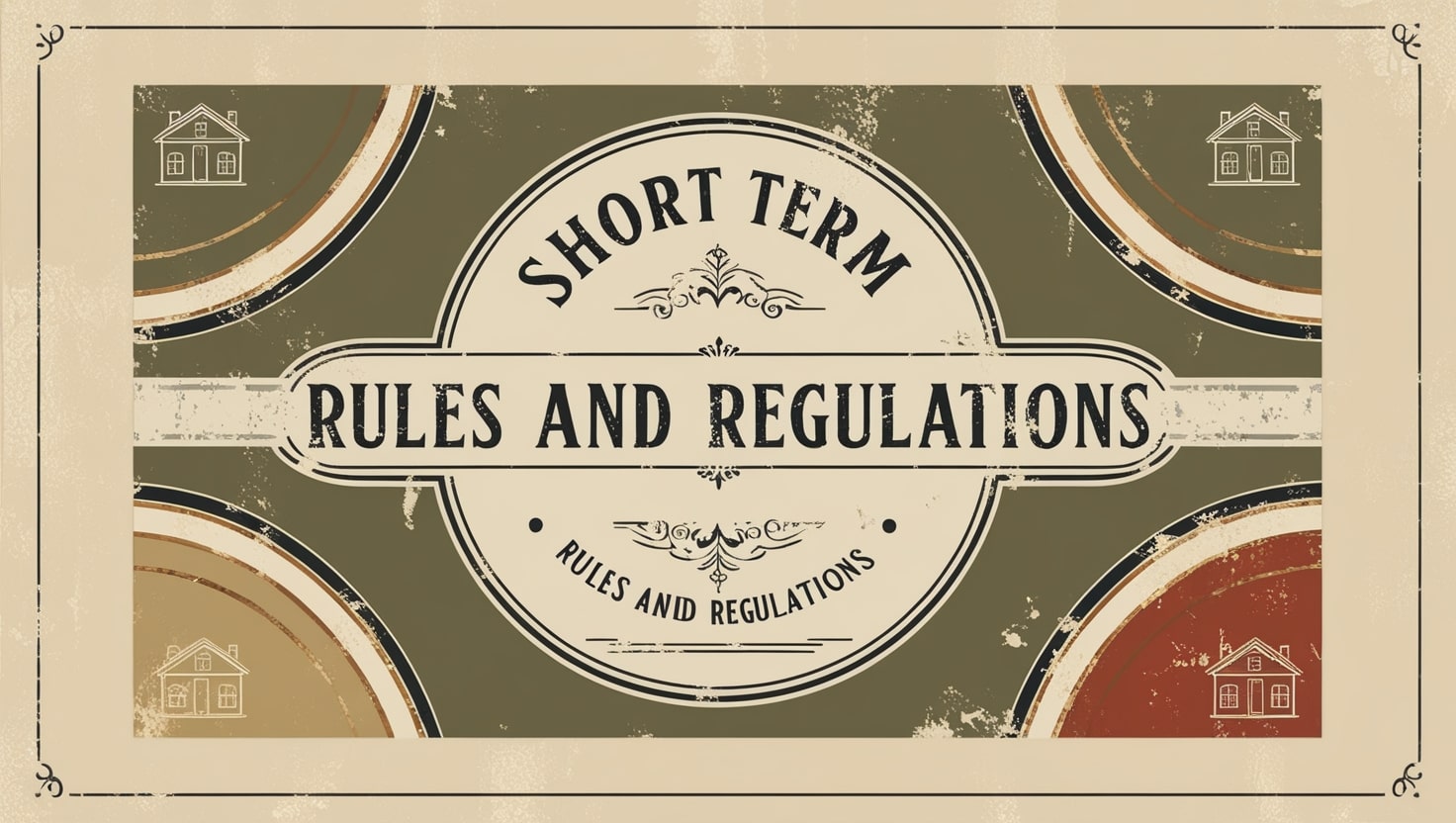Quebec City, Canada Airbnb Rules & Regulations
Last updated on: 4th July, 2025


Last updated on: 4th July, 2025

Quebec City has established a comprehensive regulatory framework for short-term rentals (STRs) to ensure safety, accountability, and community well-being. Below is a summary of the key regulations that prospective Airbnb hosts need to follow:
To operate a short-term rental in Quebec City, hosts must obtain a classification certificate from the Corporation de l'industrie touristique du Québec (CITQ). This requirement applies to any accommodation rented for less than 31 consecutive days, including whole home rentals and private/shared rooms. The application process for the CITQ certificate can take 2-4 weeks, and the certificate is valid for two years.
STRs are only permitted in the host's primary residence, where they must reside for at least six months per year. This regulation aims to prevent the commercialization of residential neighborhoods by limiting STR activities to homeowners rather than real estate investors.
A maximum of three bedrooms can be rented from a primary residence, with no more than four adults allowed per reservation, regardless of the number of bedrooms. This restriction helps to maintain a residential character and limit any disturbances associated with higher guest numbers.
Hosts are required to collect a 3.5% Lodging Tax on all bookings shorter than 31 nights and must register with Revenu Québec to properly collect and remit this tax. Depending on their total annual revenue, hosts may also be liable for the 5% federal Goods and Services Tax (GST) and the 9.975% Quebec Sales Tax (QST).
Hosts must secure a minimum of CAD 2 million in liability insurance from a licensed Canadian provider to cover bodily injury and property damage associated with their rental activities.
Hosts must maintain a guest register with names, contact information, and dates of stay for a period of three years. Exterior signage for STRs is prohibited in residential zones, and hosts are responsible for ensuring that guests comply with local noise and parking regulations.
Quebec City actively enforces STR regulations through inspections, audits, and monitoring of online listings. Hosts who fail to comply with the regulations face fines starting at CAD 2,500, which can escalate for repeat offenders. Consequently, compliance is crucial for avoiding penalties.
Hosts are encouraged to foster positive relationships with their neighbors by communicating house rules clearly and responding promptly to any complaints. An active approach to neighborly relations can help mitigate potential issues arising from short-term rentals.
In conclusion, Quebec City presents a regulatory environment that is structured yet attainable for responsible hosts. By adhering to the local laws and best practices, hosts can contribute positively to the city's vibrant tourism sector while enjoying the benefits of running a short-term rental business.